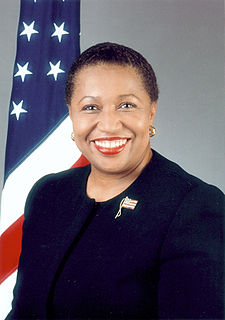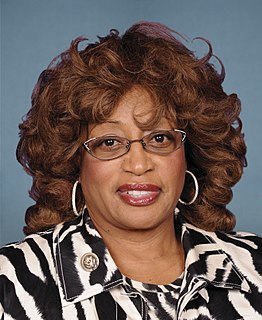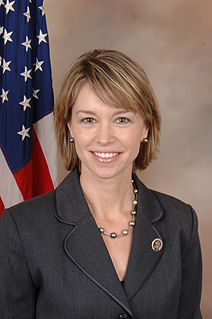A Quote by Michelle Wu
During natural disasters or emergencies, the most resilient communities - places that suffer the fewest casualties and rebuild more quickly - are not the wealthiest neighborhoods or ones that have spent the most on physical infrastructure, but rather the communities with the strongest social infrastructure.
Related Quotes
The past year's natural disasters have highlighted the invaluable contributions of volunteers in our communities. They have volunteered their time, energy and skills to save lives and to rebuild communities. In this they joined countless people around the world who volunteer every day in response to 'silent crises'. These often unsung heroes understand all too well that poverty, disease and famine are just as deadly and destructive as earthquakes, hurricanes and tsunamis.
We will rebuild our country with American workers, American iron, American aluminum, American steel. We will create millions of new jobs and make millions of American dreams come true. Our infrastructure will again be the best in the world. We used to have the greatest infrastructure anywhere in the world, and today, we are like a third-world country. We are literally like a third-world country. Our infrastructure will again be the best, and we will restore the pride in our communities, our nation.
Human beings need community. If there are no communities available for constructive ends, there will be destructive, murderous communities... Only the social sector, that is, the nongovernmental, nonprofit organization, can create what we now need, communities for citizens... What the dawning 21st century needs above all is equally explosive growth of the nonprofit social sector in building communities in the newly dominant social environment, the city.
We are going to rebuild our infrastructure. I would say at least double her numbers and - and you`re gonna really need more than that. We have bridges that are falling down. People,investors, people would put money into the fund. The citizens would put money into the fund, and we will rebuild our infrastructure with that fund.
One can see the results of those policies in hundreds of communities around my State. As one might expect, our largest communities - places like Milwaukee, Madison, and Green Bay - lost thousands of jobs as a result of those trade policies, most notably NAFTA and permanent most-favored-nation status for China.
































